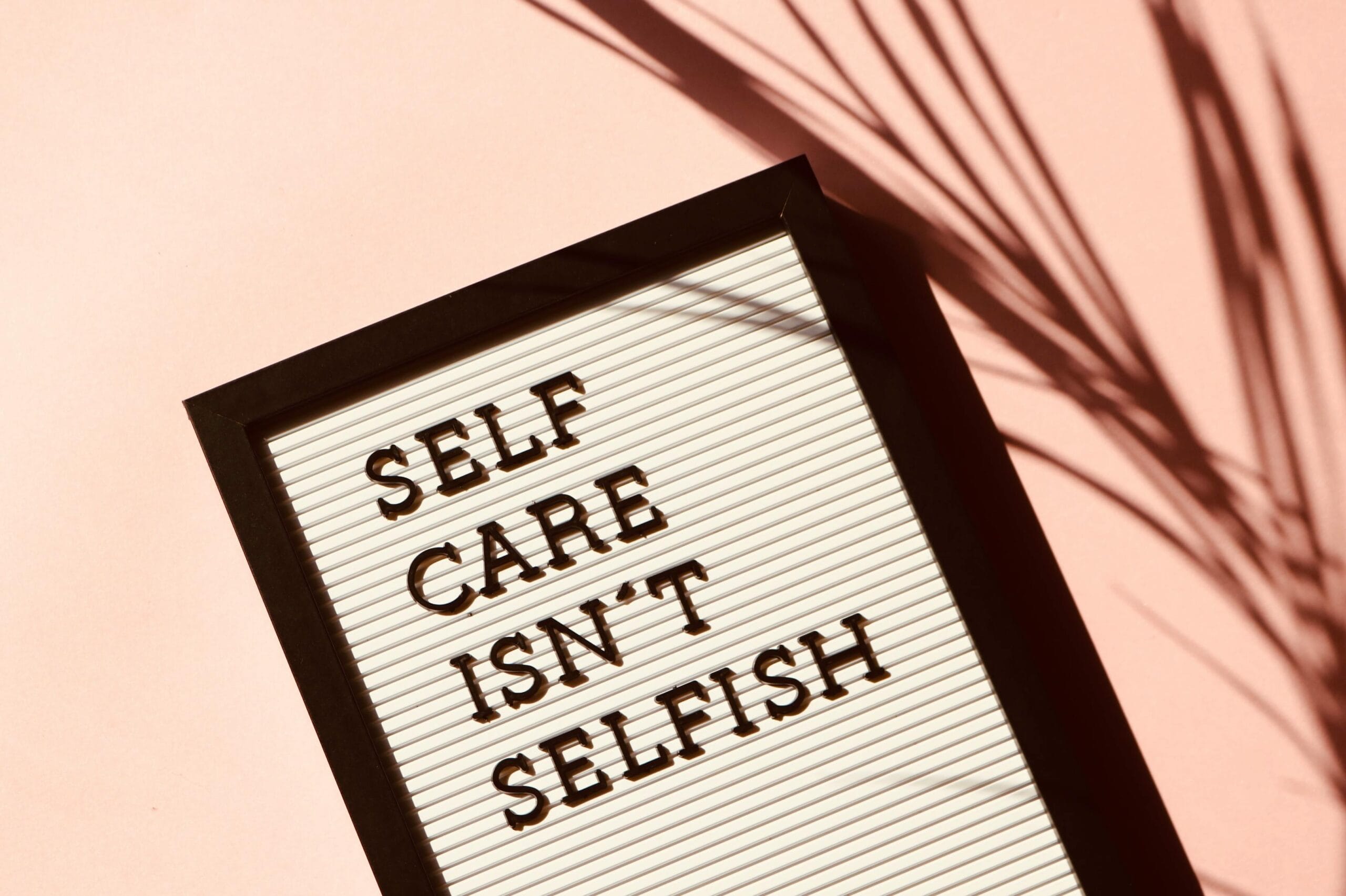In today’s fast-paced world, maintaining mental and physical health can be challenging. Amid deadlines, responsibilities, and daily stressors, it’s easy to neglect self-care. However, there’s a simple yet powerful tool that can help cultivate better health and well-being: affirmations. These are positive, deliberate statements that, when used consistently, can reshape your mindset and promote a healthier, more balanced life.
Affirmations work by targeting the subconscious mind, helping to rewire thought patterns that influence your emotions, actions, and overall health. Whether you’re seeking better mental clarity, physical vitality, or emotional resilience, affirmations can guide your focus and energy toward improved well-being.
This comprehensive guide will explore the importance of affirmations for health and well-being, focusing particularly on mental and physical health. We’ll cover how affirmations work, how to use them effectively, and provide examples and tips for integrating them into your daily routine.
Understanding Affirmations: A Pathway to Health
Affirmations are short, positive statements framed in the present tense. They aim to affirm the existence of something you want to attract into your life, be it better health, happiness, or confidence. By repeating these statements regularly, you reinforce positive beliefs in your subconscious, which can lead to tangible improvements in your life and health.
The underlying principle of affirmations is rooted in neuroplasticity, the brain’s ability to reorganize itself and form new neural connections. Each time you repeat an affirmation, you strengthen new pathways in your brain, helping you adopt new, healthier beliefs. With consistent practice, you can shift negative thought patterns into empowering ones that encourage healthier behavior and habits.
The Power of Health Affirmations

1. Mental Health Affirmations
Mental health is just as critical as physical health. Stress, anxiety, and negative thoughts can weigh heavily on your overall well-being. Affirmations targeting mental health are designed to cultivate inner peace, resilience, and positivity.
How They Work:
Affirmations for mental health encourage a shift from negative self-talk to positive, empowering thoughts. For example, instead of thinking, “I am always stressed,” you replace that with, “I am calm and in control.” Over time, this rewires the brain to adopt a more relaxed and resilient approach to stress.
Examples of Mental Health Affirmations:
- “I release all stress and embrace peace.”
- “I am calm, focused, and centered.”
- “My mind is a place of positivity and calm.”
- “I handle life’s challenges with grace and ease.”
- “I trust in my ability to find peace in any situation.”
Incorporating Mental Health Affirmations into Your Routine:
- Morning Affirmation Practice: Start your day by repeating your affirmations for five minutes after waking up. This sets a positive tone for the rest of the day.
- Mindfulness and Meditation: Integrate affirmations into your meditation practice. As you meditate, repeat affirmations in your mind while focusing on deep, steady breathing.
- Visual Reminders: Write your affirmations on sticky notes and place them around your home, workspace, or anywhere you spend time. Each time you see the note, repeat the affirmation to reinforce it.
- Affirmation Breaks: During periods of stress or anxiety, take a short break to focus on your affirmations. Repeating calming statements can quickly shift your mindset.
2. Physical Health Affirmations
The mind-body connection is powerful. Your thoughts can directly influence how your body feels and responds to external stressors. Physical health affirmations are designed to promote healing, vitality, and strength. These affirmations guide your thoughts toward believing in your body’s ability to heal, grow, and remain strong.
How They Work:
When you constantly affirm the idea of wellness, your brain sends signals to your body that reinforce this belief. Over time, your body responds by feeling more energized and resilient. For instance, affirmations like “My body is strong and capable” encourage positive actions that align with this mindset, such as eating well, exercising, and resting.
Examples of Physical Health Affirmations:
- “My body is strong, healthy, and full of energy.”
- “I nourish my body with healthy food and exercise.”
- “I am grateful for the vitality that flows through me.”
- “My body knows how to heal itself.”
- “I take care of my body, and my body takes care of me.”
Incorporating Physical Health Affirmations into Your Routine:
- Morning Stretch or Yoga: As you start your day with physical activity, repeat affirmations that reinforce your body’s strength and vitality. This could be during stretching, yoga, or your morning workout.
- Before Meals: Before eating, affirm that your meal will nourish your body and provide the energy and strength you need. “I eat food that nourishes and fuels my body.”
- During Exercise: As you exercise, repeat affirmations that emphasize your strength and capability. “I am strong, and I grow stronger with each movement.”
- At Bedtime: Use bedtime as an opportunity to affirm healing and rest. “As I sleep, my body repairs and rejuvenates.”
Combining Mental and Physical Health Affirmations
Mental and physical health are closely intertwined, and combining affirmations that target both can yield even more powerful results. For instance, when you’re feeling mentally drained, physical affirmations that focus on energy and strength can help uplift your mood. Likewise, when your body feels weak or fatigued, affirmations targeting mental resilience can help you persevere.
Examples of Combined Affirmations:
- “My mind and body are in perfect harmony, working together for my well-being.”
- “I trust in my mind’s ability to calm, and my body’s ability to heal.”
- “Every breath I take fills me with peace, strength, and vitality.”
- “I am mentally and physically strong, capable of overcoming any challenge.”
Practical Tips for Integrating Affirmations into Your Daily Life
To maximize the effectiveness of affirmations for health and well-being, consistency is key. Here’s how to integrate affirmations into your daily routine:
1. Create a Daily Ritual
Choose a specific time each day to practice your affirmations. This could be in the morning, during a lunch break, or before bed. Set aside 5-10 minutes to focus solely on repeating and internalizing your affirmations.
2. Use Affirmation Apps
There are various apps designed to send you daily affirmations. These reminders can help keep your focus on health and positivity throughout the day. Some apps also offer guided affirmations based on specific goals, such as mental clarity or physical healing.
3. Mirror Work
One effective way to practice affirmations is to say them while looking into a mirror. This enhances self-connection and deepens the emotional impact of your words. For example, while looking in the mirror, repeat, “I am healthy, strong, and vibrant.”
4. Pair with Breathing Exercises
Affirmations can be particularly powerful when paired with deep breathing exercises. As you inhale, repeat a positive statement like “I breathe in healing energy.” As you exhale, affirm something like “I release tension and stress.” This creates a calming, restorative practice that benefits both your mind and body.
5. Write Them Down
Writing affirmations helps reinforce their impact. Create a daily journaling practice where you write your affirmations each morning or evening. This engages your mind in a different way and solidifies the beliefs you’re working to cultivate.
6. Combine with Visualization
Visualization is a powerful technique that enhances the effect of affirmations. As you repeat your affirmations, close your eyes and visualize the desired outcome. For example, while affirming “I am full of energy and vitality,” imagine yourself feeling energetic and vibrant, engaging in activities you enjoy.
Overcoming Challenges in Using Affirmations
Like any new habit, integrating affirmations into your life may come with challenges. You may find it hard to believe in your affirmations at first, or you may forget to practice them consistently. Here are some common challenges and solutions:
1. Lack of Belief
In the beginning, affirmations might feel untrue or forced. This is normal. Start with smaller, more believable affirmations before moving to more ambitious ones. For example, if you struggle with “I am completely calm,” start with “I am learning to stay calm in difficult situations.”
2. Inconsistency
Consistency is crucial. Set reminders on your phone, use apps, or create a schedule to keep yourself on track. Remember, even small daily practices can make a big difference over time.
3. Patience
Affirmations take time to have a noticeable impact. Don’t get discouraged if you don’t see immediate results. Keep practicing, and over time, you will begin to notice shifts in your thoughts, feelings, and behavior.
Conclusion: Empowering Your Health and Well-being with Affirmations
Affirmations are simple yet incredibly effective tools for enhancing both mental and physical health. By consistently practicing positive, intentional statements, you can rewire your brain to adopt a healthier, more empowered outlook on life. Whether you’re seeking calmness, strength, healing, or overall well-being, affirmations can guide you on your journey.
To complement your journey towards better health and well-being through affirmations, check out the Healthy Heart Solution Kit. This comprehensive guide offers practical strategies for maintaining a strong, healthy heart with natural remedies and lifestyle tips. Start enhancing your physical vitality today! 🌿




